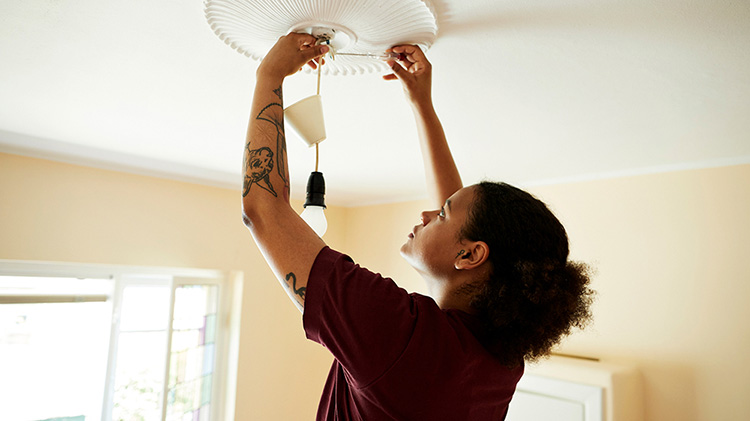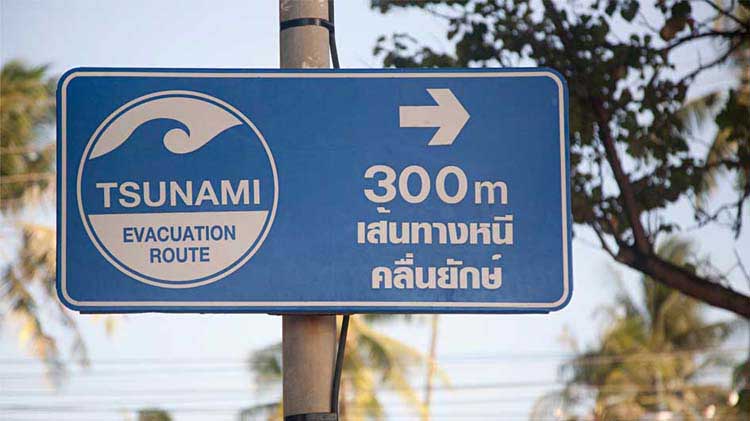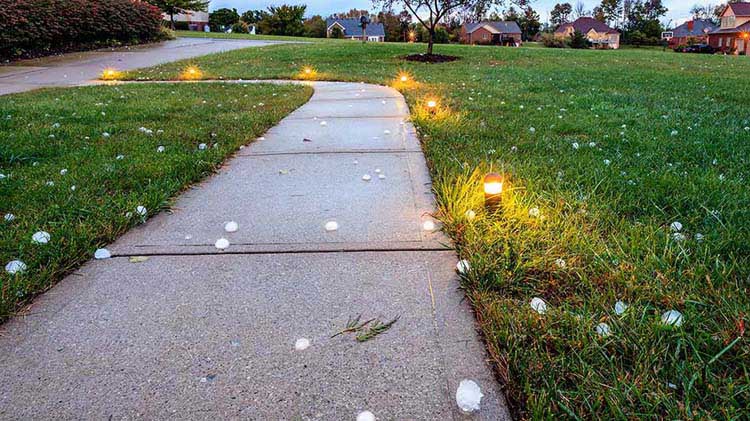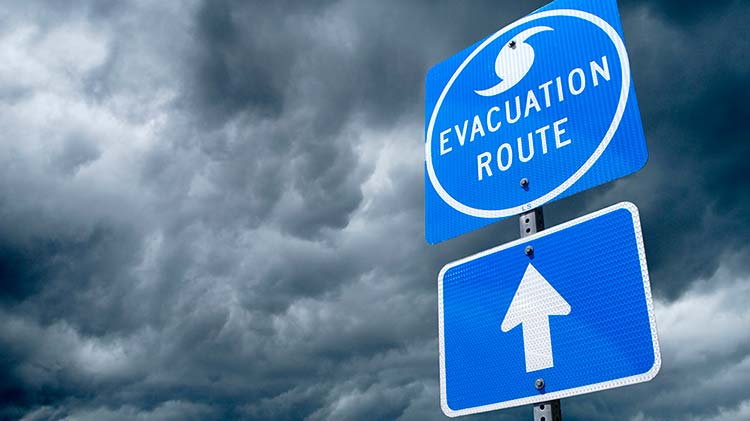How to shut off utilities in an emergency
Learn how to shut off water, gas and electricity to your home in advance. Here's what to know about your utilities in an emergency.
Every homeowner should know how to turn off their home's utilities to help avoid damage and potentially serious health threats. This skill can be crucial following a natural disaster, but it can also be useful in a variety of routine situations. Don't wait until an emergency happens to learn how to protect your home. Preplanning can save time, frustration and possibly lives, so consider adding a utility shutoff step to your home safety plans.
How to shut off gas
A natural gas leak increases the chance of a fire and carbon monoxide poisoning, so it's important that everyone in a home knows how to turn off the main valve. That said, turning off the gas is rarely necessary.
If you ever smell natural gas or hear the hissing or blowing of a gas leak, call your gas or propane company immediately. Typically, you'll be advised to open windows and doors and leave your home right away. Only turn gas off at the meter if the gas company or fire department tells you to do so (and you can do it safely).
Meter configurations vary, so try to ask the utility company in advance for the exact steps to shut off your gas. Write down and display the directions near the meter so you don't forget anything in a high-pressure situation.
Once the gas is turned off at the source, only a trained technician should turn it back on. Never attempt to turn it on yourself.
Your home also includes individual gas shut off valves for various gas-powered appliances, such as a furnace, water heater, stove, dryer or fireplace. To replace or move these items, turn off its valve rather than shutting off the main gas meter. These valves are usually located on the gas line just before it connects to the appliance. Typically, you turn the valve perpendicular to the pipe to turn the gas off. Older appliances may have a pilot light that needs to be re-lit when gas is turned back on.
How to turn off water
In a natural disaster, water is a precious resource. Turning off the main water valve can help prevent contaminated water from entering and keep clean water from draining out through a cracked or broken water line.
In warmer locations, the water main shut off valve is usually located outside, near your home’s water meter. In colder locations, the shut off valve is usually located in the basement, closer to the water heater or set into a wall.
To shut off water, turn the handle clockwise until the valve is completely closed. Don’t turn it back on until you have confirmed it's safe.
You might consider turning off your home's water whenever you leave town to help protect against unexpected flooding and wasted water. Turn on faucets to drain the pipes when you shut off the water and turn them off before turning the water back on.
You may also need to know how to shut off water to repair or replace a refrigerator, ice maker, dishwasher, faucet, toilet or washing machine. Individual shutoff valves are located on the supply lines leading to these items. Turn the handle clockwise to shut off the flow of water.
How to shut off electricity
It's recommended to shut off power before any DIY electrical work, such as replacing a light fixture. But in any kind of natural disaster or electrical emergency, you may want to call your electric company first. As with natural gas, only attempt to turn off the electricity yourself following a natural disaster or emergency if instructed to do so by the electric company or fire department.
Generally, shutting off electricity is simple and doesn't even require a tool. Locate the electrical breaker box, typically in the basement or utility room, and switch all individual circuit breakers to the "OFF" position before doing the same to the main circuit or fuse. If you are not sure how to turn off your power, or for any other electrical panel questions, contact a licensed electrician. If you experience basement flooding, take extra precautions to help prevent electrocution — avoid electrical outlets and using electrical items, and never store fans or other appliances near flooded areas.
Before touching any wires or electrical devices, check that the power is off using a voltage tester.
Once it's safe again, turn the electricity back on by flipping the switches back to the "ON" position. Following a natural disaster, keep the power off until a trained technician checks for gas leaks in the home.
Now that you have learned some information about utilities shut off, you may also be interested in safety tips for tornados, earthquakes or wildfires. And feel free to contact a State Farm® agent to learn about different home or car insurance coverages or possible discounts when bundling insurance.




